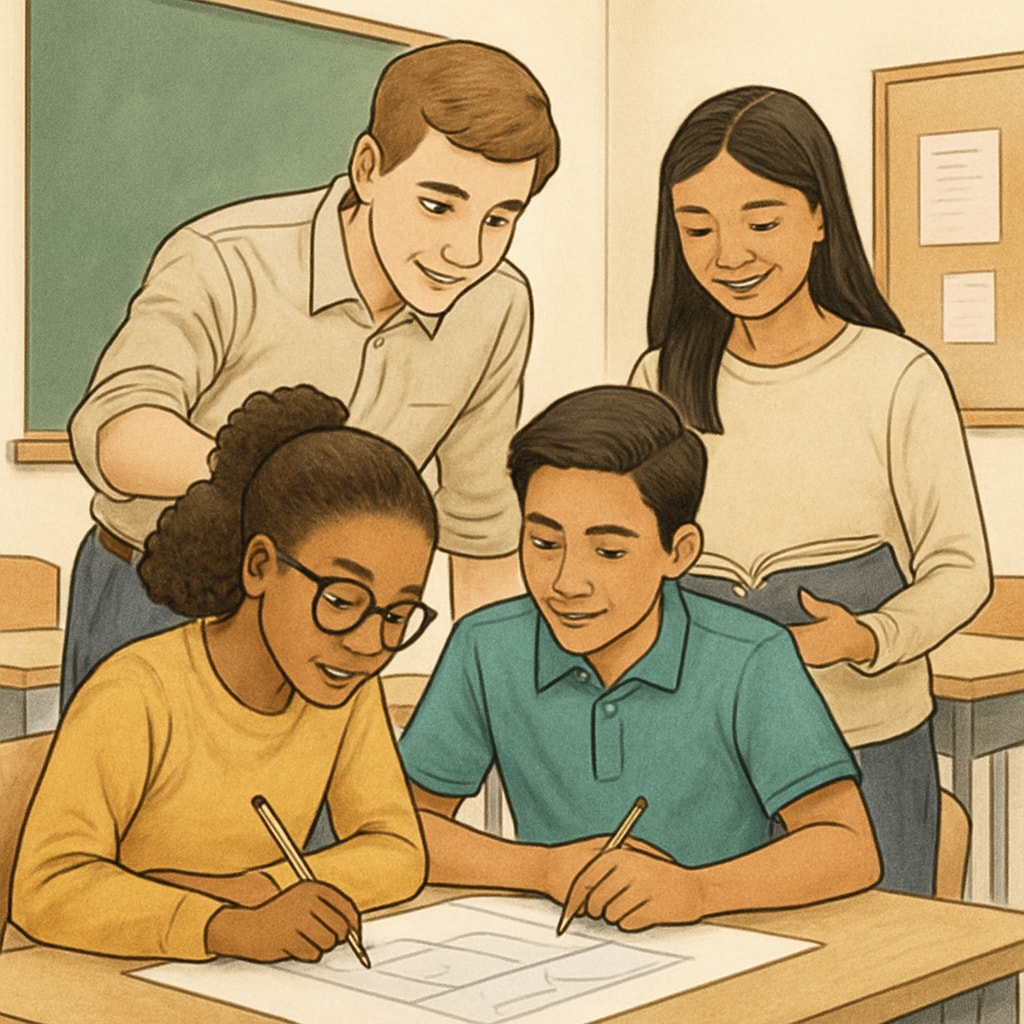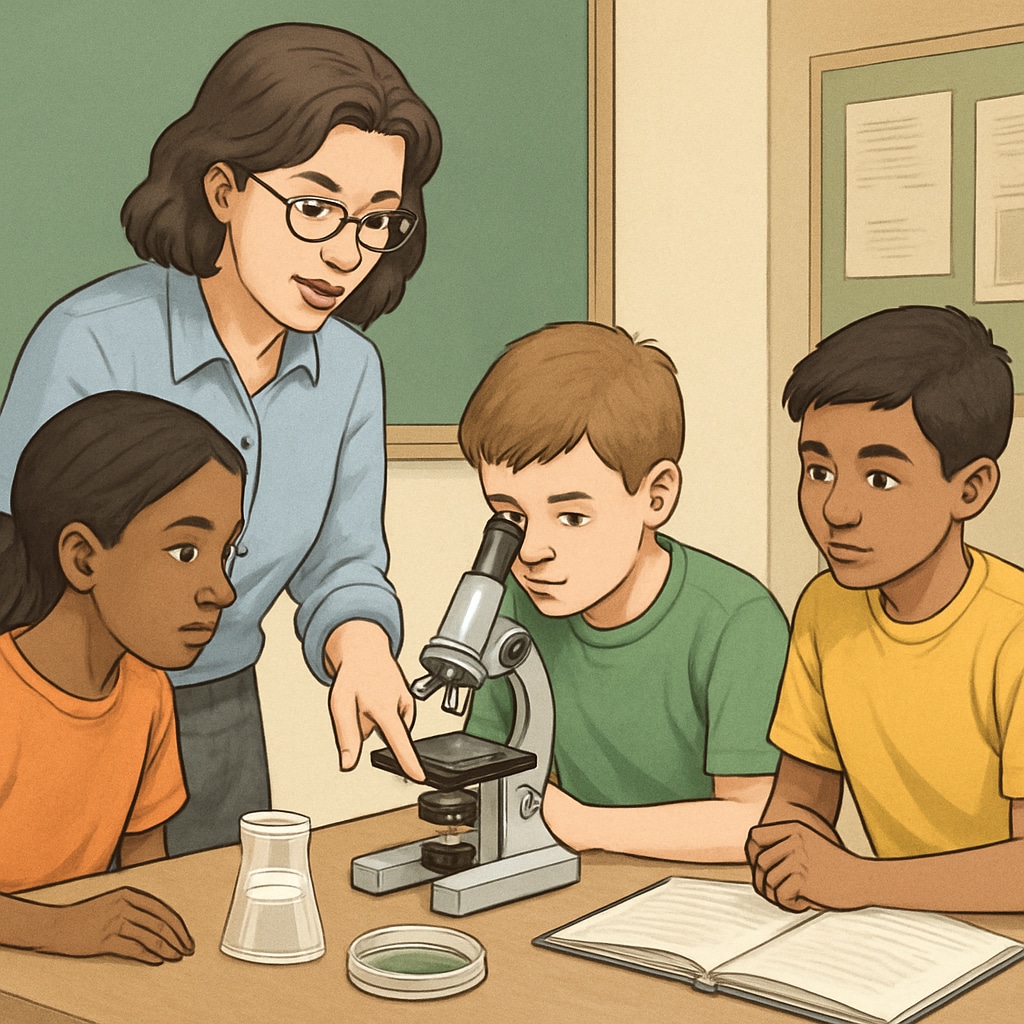Education serves as a cornerstone for “education, personal growth, and critical thinking.” Beyond the traditional role of imparting knowledge, education has the transformative power to shape character, cultivate independent thought, and foster empathy. In this article, we explore how K12 education extends beyond academics to play a pivotal role in helping students develop into thoughtful, compassionate, and capable individuals.
The Role of Education in Character Development
Character development is one of the most profound impacts of education. Schools provide structured environments where students learn values such as integrity, responsibility, and perseverance. These traits, instilled through lessons, extracurricular activities, and social interactions, lay the foundation for ethical decision-making and strong moral principles.
For example, participating in group projects teaches teamwork, conflict resolution, and accountability. These experiences mirror real-world challenges, preparing students to navigate relationships and responsibilities in personal and professional contexts. As a result, education becomes a lifelong guide for shaping character.

Critical Thinking: The Core of Intellectual Growth
Critical thinking—the ability to analyze, evaluate, and synthesize information—is a vital outcome of education. In today’s rapidly evolving world, where information is abundant but not always accurate, the capacity to think critically is more important than ever. K12 education plays an essential role in nurturing this skill.
Through inquiry-based learning and problem-solving activities, students are encouraged to question assumptions, explore alternate perspectives, and draw evidence-based conclusions. For instance, science experiments or debates in class challenge students to think deeply and articulate their reasoning. This not only sharpens their intellect but also fosters innovation and adaptability.
As Albert Einstein once said, “Education is not the learning of facts, but the training of the mind to think.” This illustrates how education transcends rote memorization and empowers students to think independently.

Fostering Inclusivity and Global Awareness
Another critical aspect of education is its ability to foster inclusivity and cultural awareness. In diverse classrooms, students are exposed to peers from various backgrounds, which helps them develop empathy and a broader worldview. These interactions encourage open-mindedness and respect for differences, essential qualities in today’s interconnected global society.
For example, history lessons that include multiple perspectives on significant events can help students understand the complexities of the world and the importance of considering diverse viewpoints. Similarly, classroom discussions on social issues can inspire students to become advocates for equity and justice.
Through these efforts, education not only shapes individuals but also contributes to the creation of a more inclusive and harmonious society.
Conclusion: Education as a Lifelong Journey
In conclusion, education is far more than the transmission of knowledge. It is a transformative journey that shapes character, inspires critical thinking, and fosters inclusivity. By focusing on these dimensions, K12 education equips students with the tools they need to navigate the complexities of life while striving to become better individuals.
Ultimately, the true essence of education lies in its ability to shape not just what we know, but who we are. In doing so, it paves the way for a brighter, more compassionate, and innovative future.
Readability guidance: This article uses short paragraphs and clear transitions to ensure readability. The inclusion of examples and quotes adds depth, while images provide visual context. Keywords are naturally integrated to maintain SEO-friendliness.


